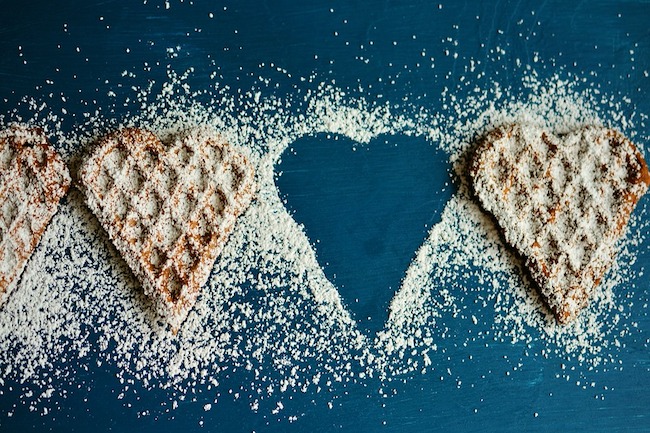How Artificial Sweeteners Destroy Your Gut by Dr. Joseph Mercola
After years of investigation about the dangers of artificial sweeteners, I wrote my book, “Sweet Deception: Why Splenda, NutraSweet, and the FDA May Be Hazardous to Your Health,” and published it in 2006. Since then I’ve been warning about the ever-growing evidence that artificial sweeteners can damage your health in many ways. Now, new research finds that gut microbiome damage from artificial sweeteners is even greater than was previously thought.
Scientists have found that three of the most popular artificial sweeteners, including sucralose (Splenda), aspartame (NutraSweet, Equal and Sugar Twin) and saccharin (Sweet’n Low, Necta Sweet and Sweet Twin) have a pathogenic effect on two types of gut bacteria.1
Specifically, research using lab data was published in the International Journal of Molecular Sciences,2 which demonstrated these common sweeteners can trigger beneficial bacteria to become pathogenic and potentially increase your risk of serious health conditions. This is the first study that demonstrated how two types of beneficial bacteria can become diseased and invade the gut wall.
The bacteria studied were Escherichia coli (E. coli) and Enterococcus faecalis (E. faecalis). As early as 2008,3 researchers found that sucralose lowered your gut bacteria count by at least 47.4% and increased the pH level of your intestines. Another study found that sucralose had a metabolic effect on bacteria and could inhibit the growth of certain species.4
Just 2 Cans of Diet Soda Can Alter Beneficial Bacteria
The current molecular research from Angelia Ruskin University5 found that when E. coli and E. faecalis became pathogenic, they killed Caco-2 cells that line the wall of the intestines. Much of the past research demonstrating a change in gut bacteria had used sucralose.
However, data from this study6 showed that a concentration from two cans of diet soft drinks, using any of the three artificial sweeteners, could significantly increase the ability of E. coli and E. faecalis to adhere to the Caco-2 cells and increase the development of bacterial biofilms.
When bacteria create a biofilm, it promotes the invasion of the intestinal cell wall. Biofilms make bacteria less sensitive to treatment and more likely to express virulence that causes disease. Each of the three sweeteners tested also triggered the bacteria to invade the Caco-2 cells, with one exception.
The researchers found that saccharin did not have a significant effect on E. coli invading the Caco-2 cells. Havovi Chichger, Ph.D., lead author and senior lecturer in Biomedical Science at Anglia Ruskin University, spoke about the results of the study in a press release:7




